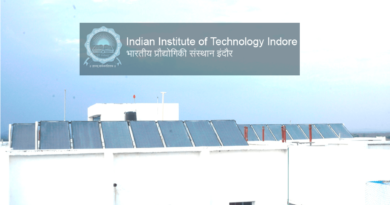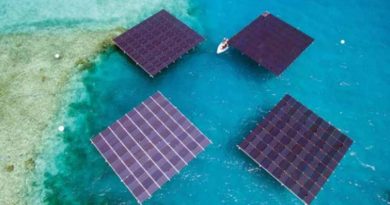World’s First Thermal Battery Plant Inaugurated in Andhra Pradesh

Andhra Pradesh gets the world’s first thermal battery facility, owned and operated by the Bharat Energy Storage Technology Pvt. Ltd. (BEST). Chief Minister of state, N Chandrababu Naidu was present at the unveiling ceremony held in the state’s capital Amravati yesterday.
Live from the launch of BEST thermal battery, Amaravati https://t.co/bRtnlmSZMK
— N Chandrababu Naidu (@ncbn) August 6, 2018
The facility is expected to start manufacturing these batteries based on alternative sources of energy production from May 2019 as India looks to push electric vehicles into the Indian transport system in a bid to reduce its carbon footprint. The batteries as defined by BEST are high density energy storage devices, and in an ideal scenario will outlast all lithium-ion batteries currently present in the market.
So just what is a thermal battery?
Unlike conventional battery technology or even the Lithium-ion battery, the current favourite to power electronics devices, the battery consists of electrodes to transfer an electric charge. When lithium atoms turn into lithium ions (Li+) and get stored when this reaction reverses. Electrical energy is produced.
Thermal batteries depend on thermals, or temperature differences to operate. Thus, the energy transfer in thermal batteries happens when stored heat travels from one part of the battery setup to the other. A thermal battery consists of two parts: a cool zone known as the sink, and a hot source called source. Both these sides consist of compounds known as phase-changing materials (PCMs), which can change their state of matter on the basis of a physical/chemical reaction. Concentrated Solar plants also use a version of thermal batteries, by storing the energy they produce as heat energy, that can be drawn on demand by storing heat energy as sodium and potassium nitrates. Thus, thermal batteries of any type can help even out power fluctuations by drawing down power when required, or string it for later use.
The total cost of installation of the plant is estimated to be ₹660 crores and the company plans to bump up the capacity of the plant from 1000 MW right now to 10 GW over the next 7 years of operation. The patented technology that will be used for the manufacturing of these batteries is based on Dr Patrick Glynn’s research which beats li-ion batteries in heat sensitivity and carbon footprint. And is also more efficient and cost effective than solar panels.
BEST through these thermal batteries is planning to support the power systems in telecommunications, commercial enterprises, and electric vehicles as well as charging systems. BEST through these batteries are also enabling remote areas in the state to gain access to stable power. In its first phase, the plant will produce batteries for telecom, mini/microgrids, and electric buses, that are expected to run for up to 800kms on a single charge.
Besides the plant, BEST also plans to create a ‘Greenfields Project’ in India to provide nearly 3000 jobs within three years of the plant’s inauguration. The company is also in the process of making batteries completely free of hard metals and inflammable substances, using almost entirely all re-usable materials.




